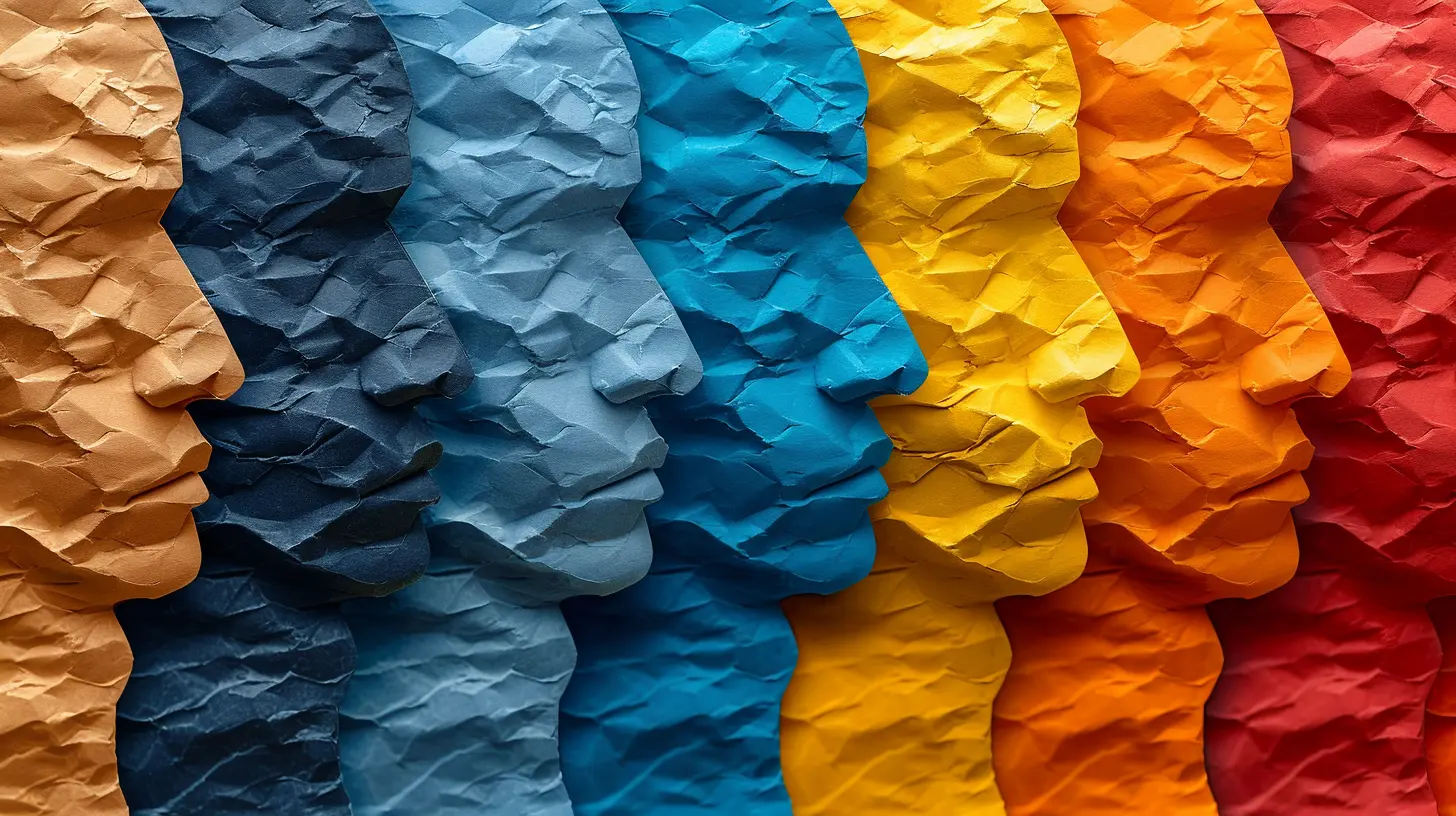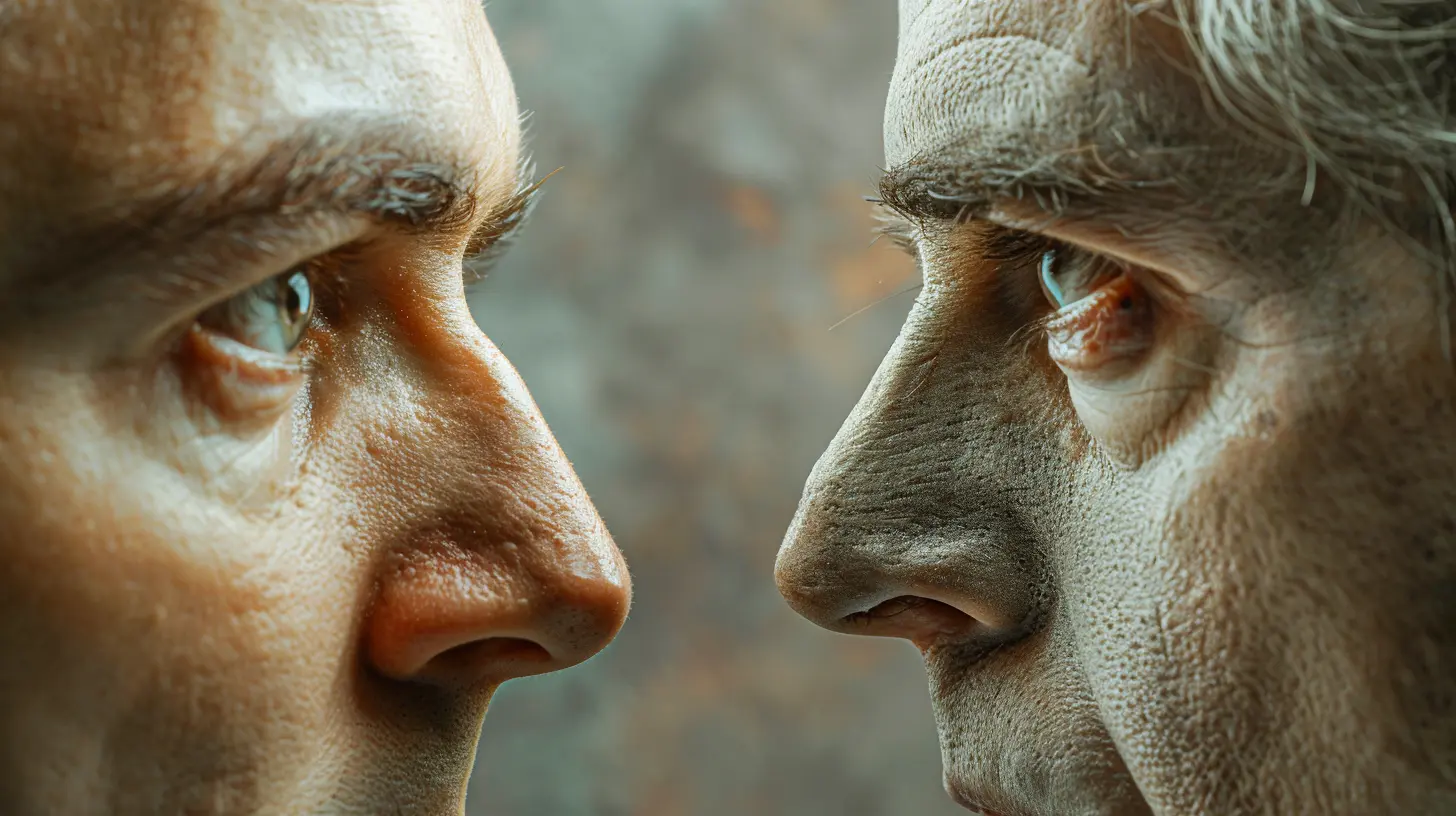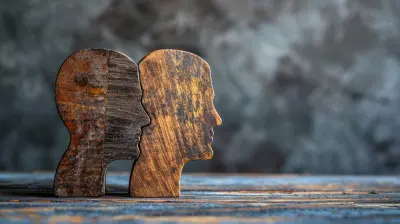The Science of First Impressions: How We Judge and Are Judged
6 July 2025
First impressions are powerful. Whether we like it or not, we make snap judgments about people within seconds of meeting them, and those initial assessments can stick for a long time. But why do we form these impressions so quickly? What’s happening in the brain during these first encounters? And how much control do we have over the impressions we make on others?
In this article, we’re going to dive deep into the science behind first impressions. We’ll explore how quickly we form judgments, what factors influence these perceptions, and how we can manage the way we’re perceived by others. So, buckle up—because first impressions are more than just gut feelings. They’re a complex mix of psychology, biology, and social dynamics.

What Are First Impressions?
Let’s start with the basics. A first impression is the initial opinion or feeling you form about someone when you meet them for the first time. It’s instinctual and happens almost instantly—usually within the first seven seconds.Think about it: You meet someone new at a party or networking event. In just a few moments, your brain begins assessing everything from their body language and facial expressions to their clothing and tone of voice. Before you even realize it, you’ve already made a judgment about who they are and what they’re like.
But it’s not just you. The person on the other side of the conversation is doing the exact same thing to you. It’s like a mental dance—both parties judging and being judged, all while trying to make a good impression.

The Psychology Behind First Impressions
So, why do humans make first impressions so quickly? The answer lies in our evolutionary past.1. Survival Instinct: Back in the day—like, way back—our ancestors needed to make quick decisions about whether someone was friend or foe. A fast judgment could mean the difference between life and death. This "fight or flight" mechanism is still wired into our brains today, even though we’re not exactly dodging saber-toothed tigers anymore.
2. Cognitive Efficiency: Our brains are like computers, and they love shortcuts. Forming a quick impression helps us make sense of the world without wasting mental energy. Imagine if you had to deeply analyze every single person you met. You’d be mentally exhausted by noon! First impressions allow us to categorize people quickly so we can move on to more important tasks.
3. Primacy Effect: Ever heard the saying, “You never get a second chance to make a first impression”? There’s truth to that. Psychologists call this the "primacy effect," which means the information we learn first has a stronger impact on our perception than information we learn later. Once we form an initial impression, our brains tend to cling to it, even when new information contradicts it.

How Quickly Do We Form First Impressions?
It may sound unbelievable, but research shows that we form impressions of people within milliseconds. Some studies suggest it takes as little as 100 milliseconds to form a basic judgment about someone—whether they’re trustworthy, competent, or likable.In fact, psychologists from Princeton University found that people can make judgments on traits like trustworthiness, attractiveness, and competence after viewing a person’s face for just one-tenth of a second. Yep, that’s a blink of an eye.
But here’s the kicker: Once we’ve formed an impression, it’s incredibly hard to change it. Our brains are stubborn like that. We tend to filter new information through the lens of our initial judgment, reinforcing what we already believe about the person.

The Role of Nonverbal Cues
Let’s break down what actually influences these snap judgments. While words matter, nonverbal cues often have a much bigger impact on first impressions. In fact, some studies suggest that nonverbal communication accounts for up to 93% of the impression we make on others.1. Facial Expressions
Our faces are incredibly expressive, and we’re wired to notice even the smallest facial cues. A smile can make you appear more approachable and friendly, while furrowed brows or a frown may signal stress or discomfort. We pick up on these signals without even realizing it, and they play a huge role in how we interpret someone’s personality.2. Body Language
Your posture, gestures, and movements also tell a story. Crossing your arms might make you seem defensive, while open, relaxed body language suggests confidence and warmth. Even the way you stand—whether you’re slouched or standing tall—can change the way people perceive you.3. Eye Contact
There’s a fine line with eye contact. Too little, and you might come across as shifty or untrustworthy. Too much, and you risk appearing aggressive or intense. But when done right, maintaining good eye contact signals confidence, attentiveness, and sincerity.4. Clothing and Grooming
Like it or not, people do judge books by their covers—and that includes the way you dress and present yourself. Research shows that the clothes you wear can influence perceptions of your competence and professionalism. So, whether you’re heading into a job interview or meeting someone for the first time, your attire can impact the first impression you make.The Halo and Horn Effects
Ever notice how if you like one thing about someone, you tend to give them the benefit of the doubt in other areas? That’s called the Halo Effect. For example, if someone is physically attractive, you might subconsciously assume they’re also kind, smart, or talented—even if you know nothing else about them.On the flip side, there’s the Horn Effect, where one negative trait colors your entire perception of a person. If someone rubs you the wrong way initially, you might start seeing everything they do in a negative light, even if they’re not actually that bad.
These cognitive biases happen automatically. Our brains love to take shortcuts, so we often rely on these effects to fill in the gaps when we don’t have enough information.
Can We Control the Impressions We Make?
Here’s the good news: While some aspects of first impressions are out of our control (like the way someone’s brain processes your face in milliseconds), there are plenty of factors you can influence.1. Be Mindful of Your Body Language
As we mentioned earlier, body language speaks volumes. Simple adjustments—like standing up straight, maintaining eye contact, and offering a genuine smile—can make a big difference in how approachable and confident you appear.2. Dress for the Occasion
You don’t need to wear a tuxedo to a coffee meeting, but being mindful of your appearance shows that you care about how you present yourself. Dressing appropriately for the setting can help you make a positive, lasting impression.3. Be Present and Attentive
Ever met someone who’s constantly checking their phone while you’re talking to them? It doesn’t leave the best impression, right? Being fully present in a conversation—listening actively, asking thoughtful questions, and avoiding distractions—can help you come across as engaged and respectful.4. Know Your Audience
Different situations call for different approaches. The way you introduce yourself at a professional networking event will differ from how you meet someone at a casual gathering with friends. Adjusting your tone, language, and demeanor depending on the context can help you make the right impression for the occasion.5. Be Authentic
This one’s crucial. While it’s tempting to put on a "persona" to impress others, people can usually sense when you’re not being genuine. Authenticity is key to making a lasting connection. So, be yourself—just the best version of yourself.How to Overcome a Bad First Impression
Let’s face it: We all have off days. Maybe you were nervous, distracted, or just didn’t click with someone right away. If you’ve made a poor first impression, don’t worry—it’s not the end of the world. Here’s how you can bounce back:1. Acknowledge It: If you feel like you’ve made a bad impression, it’s okay to admit it—especially if it’s something obvious, like being late or flubbing your words. A simple apology can go a long way toward resetting the dynamic.
2. Build on Future Interactions: Remember, first impressions may be lasting, but they’re not set in stone. The more positive interactions you have with someone, the more likely they are to revise their initial judgment. So, focus on being consistent, reliable, and kind in your future encounters.
3. Be Patient: Changing someone’s mind takes time. If you’re trying to overcome a bad first impression, patience is key. Stay positive, and let your actions speak louder than words.
Conclusion
First impressions are a fascinating blend of psychology, biology, and social dynamics. While they happen in the blink of an eye, they can have a significant impact on how we’re perceived and how we perceive others. The good news? With a little self-awareness and effort, we can influence the first impressions we make and even overcome a bad one if necessary.So, the next time you’re meeting someone new, remember: You’ve got just a few seconds to make it count. But with the right mindset and approach, you can make sure those seconds work in your favor.
all images in this post were generated using AI tools
Category:
Social PsychologyAuthor:

Jenna Richardson
Discussion
rate this article
2 comments
Shiloh McGuffey
Great insights! First impressions truly shape our connections.
November 28, 2025 at 5:07 AM

Jenna Richardson
Thank you! I'm glad you found the insights valuable. First impressions are indeed crucial in shaping our relationships.
Makayla McMahan
First impressions are like snapshots—quick, powerful, and often misleading. They reveal our biases more than the truth about others. Understanding this dynamic allows us to navigate our judgments and improve our connections. Let’s challenge our instincts and embrace deeper perceptions beyond that fleeting moment!
July 18, 2025 at 3:39 AM

Jenna Richardson
Thank you for your insightful comment! You're absolutely right—first impressions can be deceptive and are shaped by our biases. Embracing a deeper understanding of others can lead to more meaningful connections.


